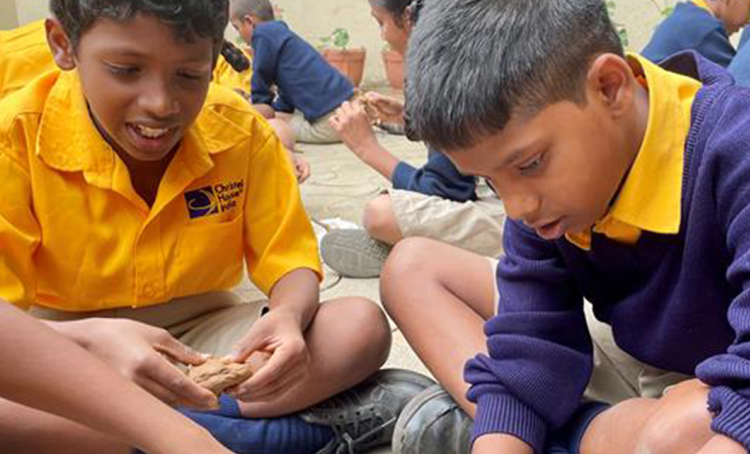As Director of Academics at Christel House, Annabelle Hardy has a role that transcends traditional academic oversight. “We have amazing educators and school leaders at all our learning centers,” she says. Hardy describes herself as a thought partner and coach, providing resources and guidance to ensure each school achieves its strategic academic goals. Her approach emphasizes collaboration and support.
“Our learning centers are focused on continuous improvement, so programs are always being tweaked and improved,” Hardy says. “While it’s true that math or reading don’t change much in terms of content, our students and the world they live in is changing all the time.” The global nature of Christel House presents both challenges and opportunities. While each school maintains its unique cultural and contextual nuances, there's a common framework guiding academic programming. This framework ensures consistency in key areas while allowing flexibility for adaptation to local needs. “You can imagine that a subject like social studies would be very different in Jamaica versus South Africa, but even language arts and mathematics classes can be very different,” she says. “In India, students are expected to speak, read and write in English and a regional language immediately when they enter school, and each language uses a different alphabet. As a result, their reading curriculum needs to be tailored to each country. In fact, in India, our schools are in different states, so even the schools in Bangalore and Atal Nagar have some differences in how they teach language because though both schools teach English in the primary grades, Bangalore students learn Kannada and Atal Nagar students learn Hindi! The language arts curriculum in Mexico needs to look very different as the students there are expected to learn Spanish.”
Hardy's career journey, from working for Teach for America to leadership roles in rural schools in Zambia, has shaped her approach to academic leadership. “That experience taught me that packaged materials or tangible goods are only a small part of the equation of what makes a strong academic program – strong teacher training, creative and engaging lessons, and meaningful opportunities for students to practice what they learn are some of the most essential ingredients in a rigorous academic program." Her favorite part of working at Christel House? “I love to learn new things, and, in this position, I work with incredibly talented educators from five countries who all have different training, experiences and leadership styles. As much as it is my job to enhance and support our academic teams, I learn so much from them every day.”


